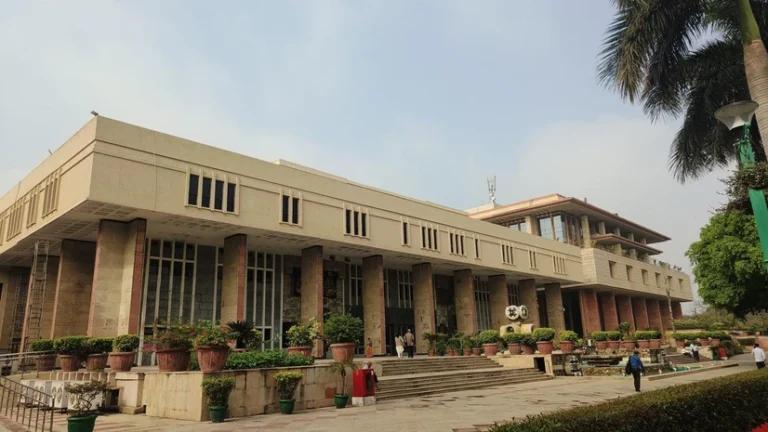In a recent ruling, the Delhi High Court on 27th October 2025 clarified that the Directorate General of GST Intelligence (DGGI) has the authority to provisionally attach bank accounts under Section 83 of the CGST Act, 2017. The case—GMG Tradelink Pvt. Ltd. vs DGGI HQ & Ors.—was heard by a division bench comprising Justice Prathiba M. Singh and Justice Shail Jain.
The petition was filed by GMG Tradelink challenging the attachment of its bank accounts by the DGGI. The company argued that the officer issuing the order was not legally empowered to do so.
Background
The dispute began after DGGI issued an order on 6th March 2025, directing the provisional attachment of GMG Tradelink’s two ICICI Bank accounts located in Bhiwani Mandi, Haryana. The company, represented by advocates Yatharth Rohila, Nihal Singh Shekhawat, and Kanak Kaushal, contended that the Principal Additional Director General of DGGI lacked proper authorization under Section 83 of the CGST Act to attach any property or bank account.
Their argument hinged on the interpretation of Section 83, which allows only the “Commissioner” to issue such orders when necessary to protect government revenue. GMG Tradelink further informed the court that it had already filed objections before the Commissioner, DGGI, New Delhi, under Rule 159(5) of the CGST Rules, questioning the competence of the authority that issued the attachment.
Court’s Observations
The respondents, represented by Senior Standing Counsel Harpreet Singh, placed on record a Notification No. 14/2017, issued by the Ministry of Finance, Department of Revenue on 1st July 2017. This notification equated the Principal Additional Director General (DGGI) with the Principal Commissioner of GST, thereby empowering them to exercise the same functions, including provisional attachment powers.
Justice Prathiba M. Singh noted this notification was crucial to understanding the hierarchy under the GST framework. “In view of the Notification dated 1st July 2017, the plea made by the Petitioner would not be sustainable,” the bench observed, rejecting the company’s contention that the officer lacked authority.
The Court also noted that the power under Section 83 must be used judiciously, only when necessary to protect government revenue, and must comply with the procedural safeguards laid down in the CGST Rules.
Decision
While the High Court upheld the DGGI’s authority, it offered the petitioner a procedural remedy. The bench permitted GMG Tradelink to file fresh objections against the provisional attachment. The judges directed that once these objections are submitted, the reasons for the attachment must be communicated to the company within two weeks.
“All remedies of the Petitioner shall remain open to be availed of in accordance with law,” the bench stated before disposing of the writ petition.
In essence, while the attachment order stands legally valid for now, the company retains the right to challenge it through the proper procedural channels.
Case Title: GMG Tradelink Pvt. Ltd. vs Directorate General of GST Intelligence HQ & Ors.
Case Number: W.P.(C) 16259/2025 & CM APPL. 66504/2025
Court: High Court of Delhi at New Delhi
Coram: Justice Prathiba M. Singh and Justice Shail Jain














